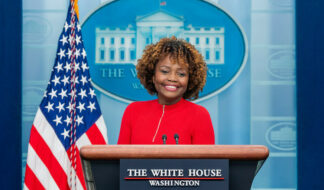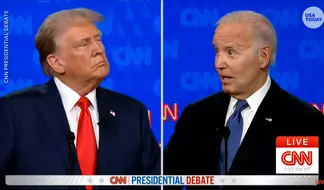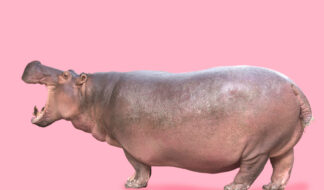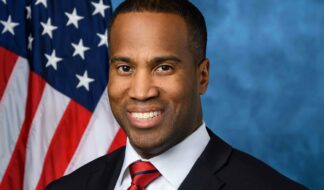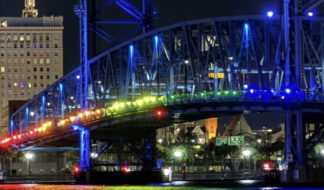How Entertainment Weekly Changed My Life as a Gay Kid and Led Me to Become a Journalist
For Editorial Director Chris Azzopardi, EW wasn't just a magazine — it was an affirming lifeline
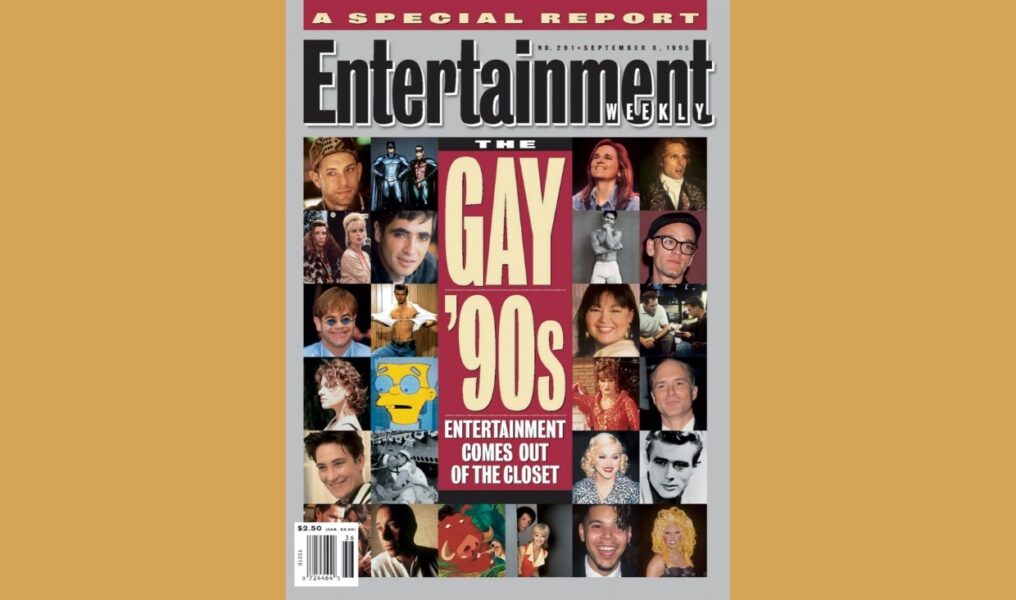
You wouldn’t be reading this right now if it weren’t for Entertainment Weekly. EW is why I became a journalist. This fact only makes it stranger, and sadder, to say that I can’t believe I won’t receive another issue of EW in my mailbox like I have for the last 20-plus years.
This week, Barry Diller’s IAC Dotdash, after buying magazine giant Meredith Publishing, ceased the publication of EW, which had gone monthly in 2019.
As a ’90s kid, my portal into a far more thrilling world than the one I was in at the time, which often felt like a heavy burden, was EW. At Christmastime, I came to expect my parents to gift me an EW subscription almost every year. Each issue filled my young life with the much-needed fantasy of Hollywood glitz and glam, the notion that my life wouldn’t always be so tough. Best of all, it brought me closer to who I really was.
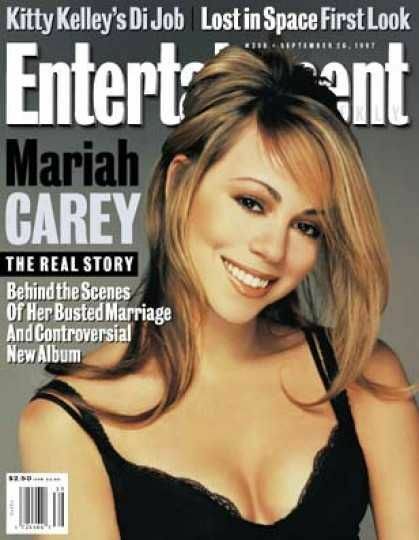
It also got me as front-and-center as I could get at the time to the famous gay icons who taught me perseverance and survival, like Cher and Mariah Carey. Closer to the TV shows that gave me a taste of what being gay didn’t have to look like but could look like. And much, much closer to N’SYNC, the Backstreet Boys and “Titanic”-era Leonardo DiCaprio, whose photos I’d cut out of the magazine (no offense, EW) and which adorned my childhood bedroom walls. I wasn’t yet out, but it would’ve been easy to explain why cute boy banders and actors served as wallpaper: “Mom and Dad, I just really love pop culture!”
Which is true: EW was my Bible, one of the few things I felt like I could look forward to during a time that felt, to a kid who never fit in and always felt alone, like a battle to survive. It gave me connection when I felt disconnected. This was especially true during high school, when I struggled the hardest with my sexuality, combatting suicidal thoughts, while also trying to understand why my parents didn’t seem to love each other anymore.
Everything was so uncertain then, except for one thing: Every week, an issue of EW would show up in the mailbox. It’s when I learned to love getting the mail, and why I made my parents make me my own mail key. There was just something so special about seeing my name on every issue. Something that was all my own at a time when I couldn’t even own my identity.
EW was why I became a journalist. I remember in my senior year of college applying for a job — there was no job listing, but I still gave it a shot — writing an impassioned cover letter about my deep relationship to the magazine, describing just what EW meant to me. I couldn’t have known then what losing EW would feel like now.
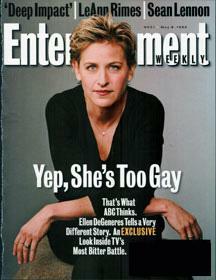
And, truthfully, I’m taking this announcement hard, especially as I have fond memories of holding onto every issue for sometimes months, sometimes years, to quench my ferocious appetite for anything pop culture. It always pained me to have to decide which ones I’d hold onto and which ones I’d let go of, sanity-saving pieces of my youth dumped into the recycling bin. I couldn’t get rid of the ones with Mariah, who, because I was so inspired by her music, renewed my shattered queer spirit every time I saw a mere photo of her. I tucked away the ones that featured some of my favorite shows, like “Queer as Folk” and “Will & Grace,” ones that made me feel like I could someday have a place in the world. And I kept anything with Ellen in it because they made me feel less alone.
Those issues didn’t just lead me to where I am now in journalism — they led me here, to Pride Source Media Group and Between The Lines, Pride Source's print publication. They led me to do the thing I loved that EW got to do — interview Mariah and Cher. And they remind me that media matters, representation matters, and somewhere to some closeted 16-year-old who was once like me — this publication matters, too.
This wasn’t meant to be a call to action, but if you’re reading this now, it should be. Because I’ll be honest: I’m afraid for the future of print media. And to keep print alive, it’s you who goes to your local queer bar or Whole Foods or coffeehouse and picks up our paper and thumbs through its pages, hopefully learning something new or, like in my case as a young queer kid with nothing to relate to, something outside your own world that you identify with. New ideas, new perspectives, people whose stories help us, through their unique lens, reexamine our own lives. And it’s that world I hope we can continue to preserve for generations to come.

